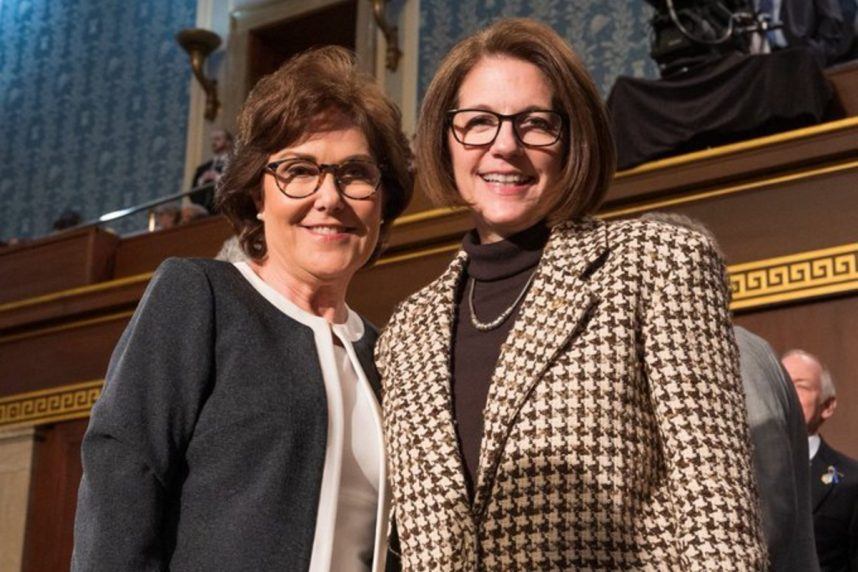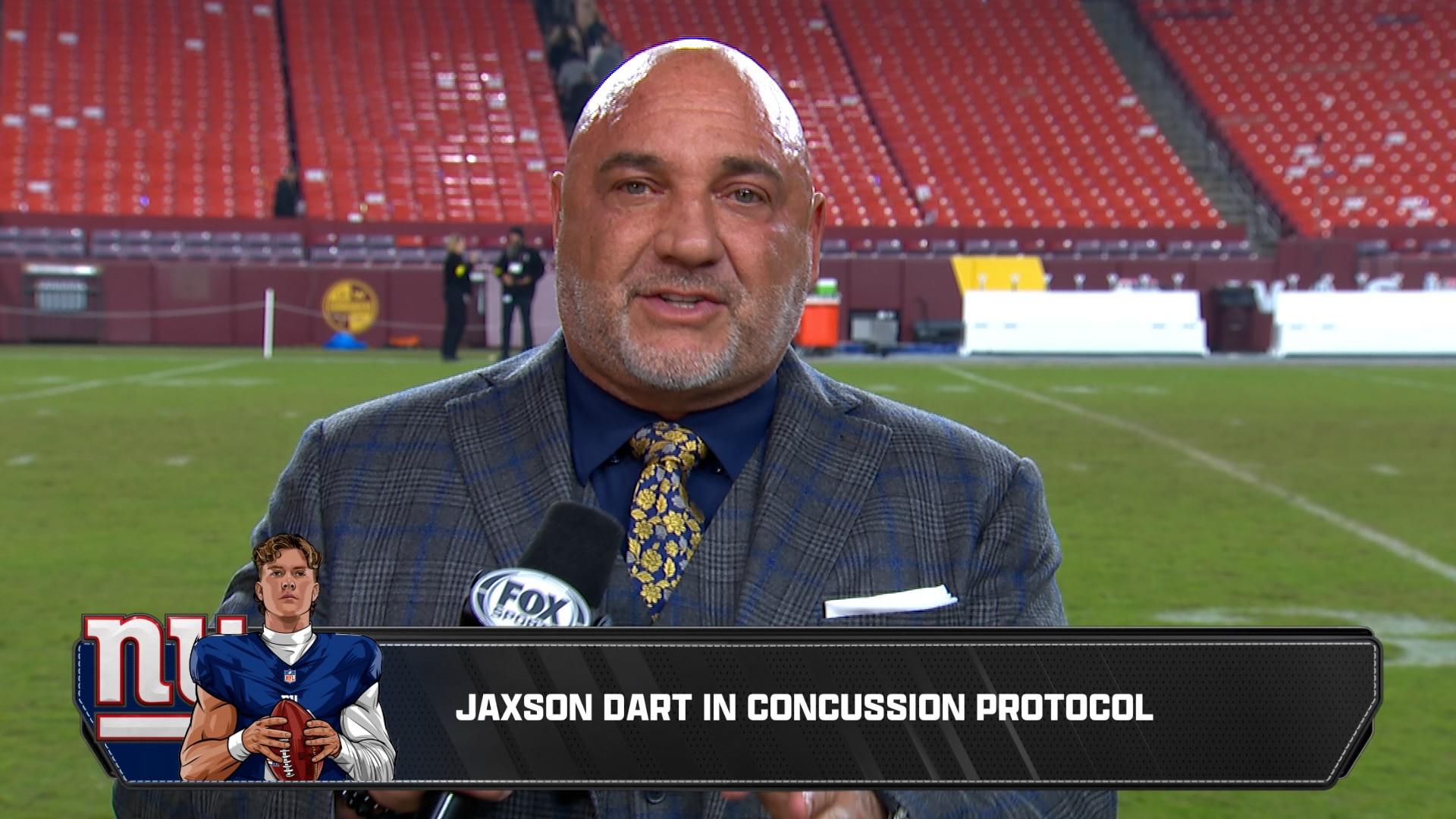Australian gambling addicts who have entered self-exclusion lists have been targeted by offshore gambling companies, which are using third-party websites to entice them back into gaming.
Gambling Sites Target Vulnerable Australian Addicts
Despite offshore gambling companies being banned in the country, they have been paying websites that promote their services. Some of the websites, whose URLs occasionally reference Australian cities, earn commissions when readers act on their recommendations and place bets with overseas gambling agencies, most of which are based in Curaçao, in the Dutch Caribbean.
In certain cases, these sites target individuals struggling with addiction who may wish to resume gambling before their self-exclusion period ends. Interestingly, the majority of these websites acknowledge their associations with the bookmakers they endorse, with some further confirming that they receive commission payments from them. To lift this ban early, individuals must submit a statutory declaration confirming they have received counseling from a qualified professional.
Normally, BetStop, which is Australia’s National Self-Exclusion Register for problem gamblers, is a secure way to exclude oneself from all online and phone wagering providers licensed in Australia. However, the scheme, which has 45,000 registrants, only applies to Australian companies, but not offshore ones. And while offshore gambling companies are banned from targeting Australian consumers, there are no restrictions on third-party affiliates promoting gambling-related products in return for payment.
Officials Sound the Alarm
Australia’s media regulator has long expressed concern about affiliate marketers promoting illegal gambling services. However, the targeting of individuals listed on BetStop represents a relatively new tactic. In a statement, a spokesperson for the Australian Communications and Media Authority (ACMA) described the practice as “deeply concerning and opportunistic,” adding that it seeks to undermine the purpose of the national self-exclusion register.
Nerilee Hing, a professor at CQUniversity who has conducted extensive research into affiliate marketing within the gambling industry, said that targeting individuals registered with BetStop represented a clear example of predatory practices designed to exploit the most vulnerable. She also noted that the current regulatory environment has limited capacity to monitor and prevent harmful or illegal activities by affiliates, regardless of whether they operate on behalf of Australian-licensed or offshore companies.
The Alliance for Gambling Reform’s chief executive, Martin Thomas, described the practice as “gravely concerning” and said it should be treated with seriousness. He stated that it appeared to be a deliberate attempt to undermine BetStop, which the government has repeatedly promoted as one of its key achievements in gambling reform.
Kai Cantwell, chief executive of Responsible Wagering Australia (an organisation representing several of the country’s largest regulated online bookmakers), agreed. He said the ACMA should be given the authority and tools necessary to block offending websites, cut off their payment channels, and dismantle the affiliate networks that funnel people into harm.

 2 hours ago
5
2 hours ago
5




















